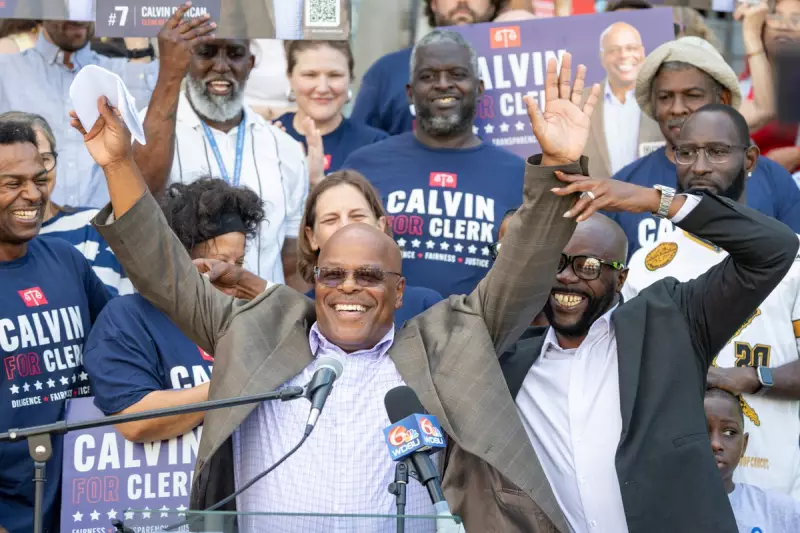
In a case that has sent shockwaves through the American justice system, a New Orleans police officer stands accused of committing perjury, with his actions drawing unsettling comparisons to one of America's most infamous wrongful conviction cases.
The Perjury Admission
Officer Stephen Smith, a veteran of the New Orleans Police Department, has confessed to providing false testimony during a drug possession trial. The officer admitted under oath that he had never actually witnessed the defendant discard narcotics, despite testifying otherwise during the original proceedings.
This startling admission emerged during a hearing where Smith acknowledged he had fabricated key evidence that led to the defendant's conviction. The case has now been thrown into disarray, with the conviction likely to be overturned.
Echoes of Central Park Five
The scandal bears haunting similarities to the Central Park Five case, where five teenagers were wrongfully convicted of assaulting a female jogger in 1989. That case also relied heavily on disputed testimony and coerced confessions, ultimately resulting in the young men serving years in prison for crimes they didn't commit.
Legal experts note that both cases highlight systemic issues within law enforcement, where the pressure to secure convictions can sometimes override commitment to truth and due process.
Department Response
The New Orleans Police Department has placed Officer Smith on administrative leave pending a full internal investigation. Police Chief Anne Kirkpatrick stated, "We take these allegations with the utmost seriousness. The integrity of our officers and the judicial process is paramount."
District Attorney Jason Williams has announced his office will review all cases involving Officer Smith's testimony, raising concerns about potential miscarriages of justice in other proceedings.
Broader Implications
This case has reignited debates about police accountability and the reliability of eyewitness testimony in criminal proceedings. Civil rights advocates point to this incident as evidence of the need for:
- Enhanced police training on proper testimony procedures
- Stricter oversight of officer statements in court
- Independent review boards for allegations of police misconduct
- Body camera mandates for all police interactions
The defendant in the drug case, whose identity remains protected, could potentially file a wrongful conviction lawsuit against the city, joining numerous others who have been exonerated after evidence emerged of police misconduct.
As the investigation continues, many are watching closely to see how the justice system addresses this breach of trust and what measures will be implemented to prevent similar occurrences in the future.





